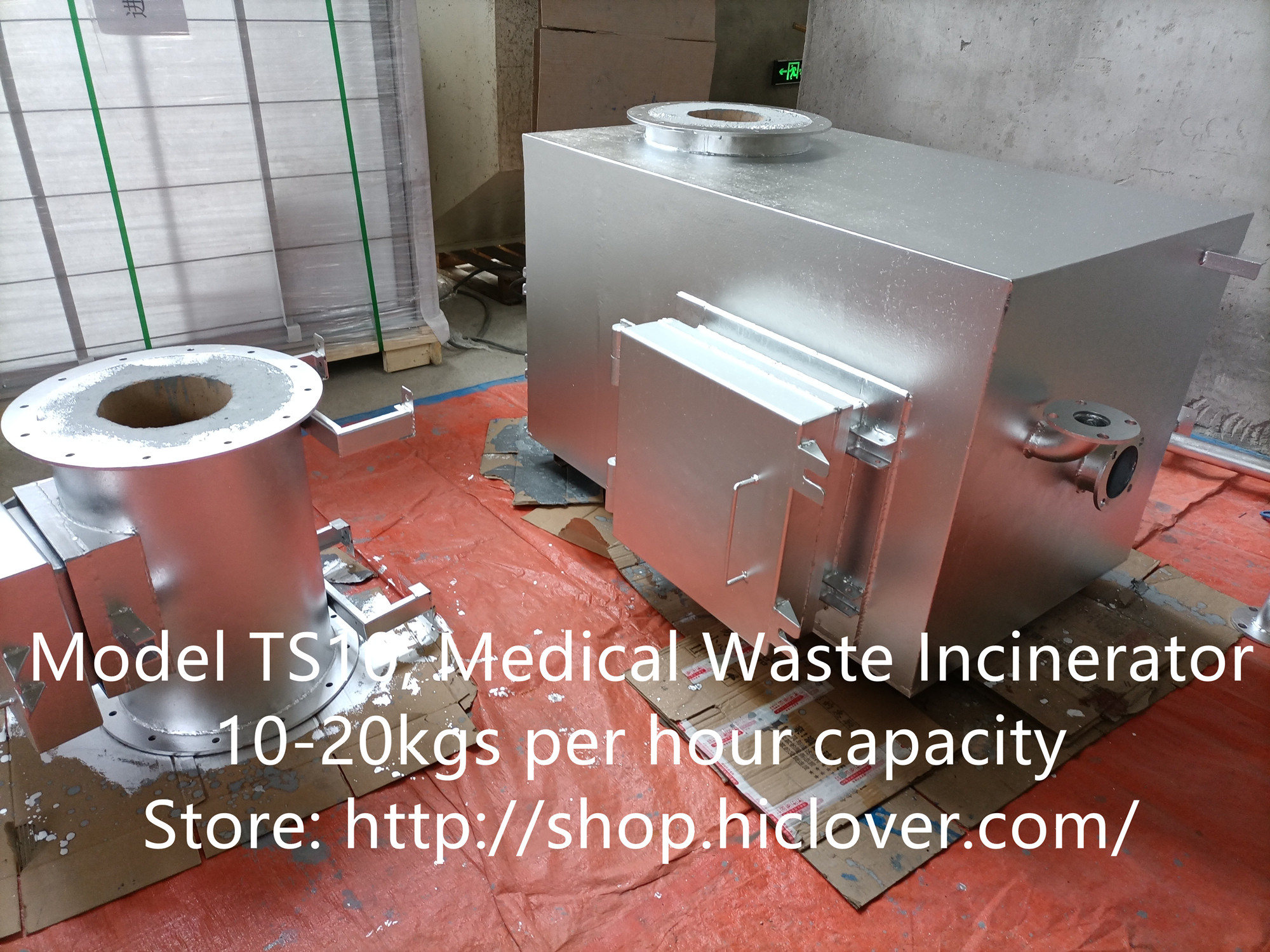Medical waste management is a critical component of healthcare operations, as it ensures the safe and proper disposal of potentially hazardous materials. It is essential for healthcare facilities to adhere to best practices in medical waste management to protect the environment, public health, and the well-being of healthcare workers. A recent presentation on this topic shed light on some important insights that can help healthcare facilities optimize their medical waste management processes.
The presentation emphasized the significance of implementing a comprehensive medical waste management plan that encompasses all aspects of waste generation, segregation, handling, storage, transportation, treatment, and disposal. Here are some key insights shared in the presentation:
1. Segregation of Medical Waste: One of the fundamental principles of effective medical waste management is the proper segregation of waste at the point of generation. Healthcare facilities should categorize waste into different streams, such as infectious, hazardous, pharmaceutical, sharps, and non-hazardous waste, and ensure that each type is handled and disposed of separately. This prevents cross-contamination and ensures that each type of waste is managed in accordance with relevant regulations.
2. Training and Education: It is crucial for healthcare staff to receive comprehensive training and education on medical waste management practices. This includes understanding the different types of medical waste, how to properly segregate and handle them, the use of personal protective equipment, and the correct disposal methods. Regular training and refresher courses should be conducted to ensure that all staff members are well-informed and updated on best practices.
3. Use of Proper Storage Containers: Healthcare facilities must invest in high-quality, leak-proof, and puncture-resistant containers for the collection and storage of different types of medical waste. These containers should be color-coded and clearly labeled to indicate the type of waste they contain. Additionally, they should be equipped with secure lids to prevent spillage and odors.
4. Compliance with Regulations: It is imperative for healthcare facilities to stay abreast of the latest laws and regulations governing medical waste management. This includes adherence to local, state, and federal guidelines, as well as compliance with standards set forth by regulatory bodies such as the Occupational Safety and Health Administration (OSHA) and the Environmental Protection Agency (EPA). Non-compliance can result in serious consequences, including fines and legal liabilities.
5. Safe Transportation and Disposal: The transportation and final disposal of medical waste should be handled by licensed and reputable service providers that follow strict protocols for safety and environmental protection. Healthcare facilities should conduct thorough due diligence when selecting waste management vendors, ensuring that they have the necessary permits and follow best practices for handling, treatment, and disposal of medical waste.
In conclusion, the insights from the presentation underscore the importance of implementing best practices for medical waste management in healthcare facilities. By adopting a comprehensive approach to waste management that includes proper segregation, staff training, compliant storage and transportation, and adherence to regulations, healthcare facilities can effectively mitigate the risks associated with medical waste and contribute to a safer and healthier environment for all. It is imperative for healthcare facilities to prioritize medical waste management as an integral part of their operations to protect public health, the environment, and the welfare of their staff.



